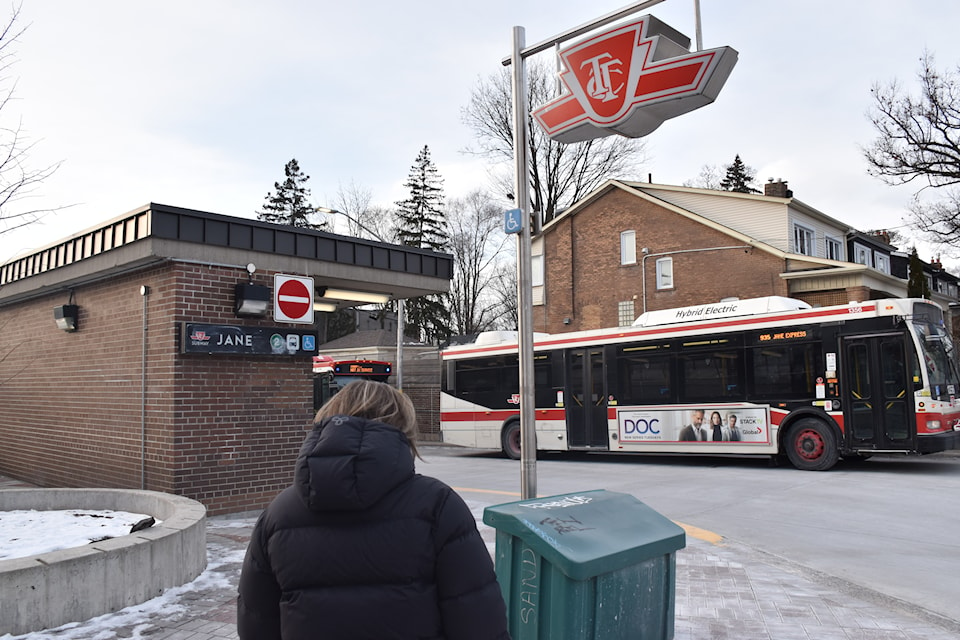Toronto City Council recently revealed a 2025 budget that maintains transit fares at $3.30 per ride while committing more than $4.9 billion over the next decade to public transportation enhancements.
The focus lies on modernizing the transit system, expanding service hours and improving sustainability by introducing new subway cars and electric buses. However, the proposed budget has drawn mixed reactions from students and residents concerned about affordability.
The budget’s transit priorities include a 5.8 per cent increase in service hours, adding 500,000 hours for buses, subways and streetcars. This move seeks to improve reliable and environmentally sustainable transit.
Public consultations highlighted the strong demand for better transportation, with Toronto residents ranking it as their second-highest priority, just behind affordable housing.
The budget’s transit focus is promising and frustrating for Humber Polytechnic students. While fares remain steady, frequent commuters find the costs burdensome.
Peiyu Han, a second-semester Web Development student, commutes six days a week from Mississauga, transferring to a TTC bus for her commute to Humber North campus, spending nearly $40 weekly on transit, using multiple systems that prevent her from using a monthly pass.
“I’m glad fares won’t increase, but $3.30 is still too much for commuters,” she said.
Brampton commuter Ranjit Kaur echoed Han’s sentiments, saying transit costs remain unaffordable for students and low-income riders.
Although her commute to school is through Brampton transit, she still relies on the TTC to get into the city. With fare prices at the rate they are, she is reluctant to travel to Toronto more frequently.
I don't have any issue with the time, but the price, Kaur said.
Ward 1 Etobicoke North Councillor Vincent Crisanti, representing Rexdale, called attention to significant transit developments like the Finch West LRT, which ends at Humber College.
“Etobicoke North is in dire need of higher-order transit,” Crisanti said. “The Finch West LRT is nearly ready to open, but we don’t have a firm commitment on when that will happen. Hopefully, it’ll be this year.”
Crisanti has long advocated for extending the Finch West LRT to connect with a planned GO station at the south end of the Woodbine racetrack.
Despite his support for transit expansion, Crisanti voiced strong concerns about the overall sustainability of the 2025 budget proposed by Mayor Olivia Chow.
He highlighted fare evasion, which costs the TTC more than $140 million annually, as a significant financial drain.
“The city can’t afford to sustain those losses,” Crisanti said.
He also questioned the affordability of the city’s broader fiscal strategy, pointing to the ambitiousness that these implementations will not fall back onto the taxpayer.
“We need higher-order transit, we need affordable transit, and we need a city that’s truly affordable,” he said. “The mayor is calling this an affordable budget, but I don’t see how it adds up.”
He warned higher taxes could trickle down to tenants, including students, making Toronto even less affordable.
The $59.6 billion, 10-year capital plan prioritizes maintaining critical services and advancing climate action. The transit budget will increase by 6.5 per cent, funding initiatives like the purchase of electric buses and the modernization of transit infrastructure.
Key housing investments include $349 million for housing supply and affordability initiatives, $118 million for affordable housing sites, and $300 million for Toronto Community Housing repairs.
However, Crisanti remained skeptical about the proposed 2025 budget, arguing that the rising tax burden undermines affordability for residents.
“Just do the math ... you’re already at a 17 per cent tax hike in 12 months,” he said.
Despite the city’s ambitious investments, many Humber students feel more could be done to address their immediate concerns.
While freezing fares is a positive step, some students believe reducing transit costs for frequent riders and low-income groups would make the system more accessible and equitable.




